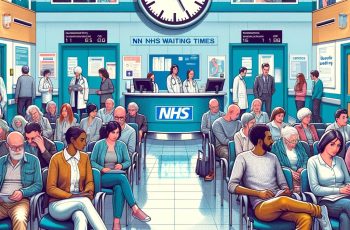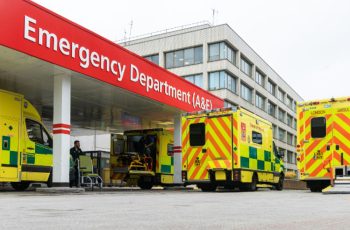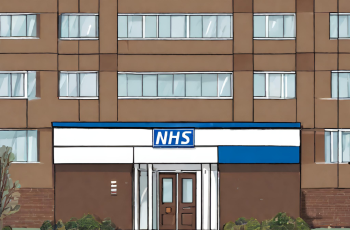General practice in England is facing a critical juncture, with recent research revealing a troubling decline in the number of general practitioners (GPs). A study published in the BMJ Open Journal indicates that the number of GPs per 1,000 patients has decreased by 15% since 2013. This reduction poses significant challenges for the healthcare system, as other healthcare professionals attempt to fill the gap left by fewer GPs, potentially leading to adverse consequences for patient care.

The diminishing number of GPs is not merely a statistic; it has real-world implications for patients. With fewer doctors available, GPs are struggling to meet the demand for appointments, resulting in longer waiting times and potentially compromised care quality, especially for complex cases that require experienced oversight.
While the rise of non-GP roles, such as pharmacists and physician associates, is encouraging, these professionals cannot fully replicate the unique capabilities of GPs. GPs possess specialized training that enables them to manage complex health conditions and provide holistic, continuous care.
The study emphasizes an approaching tipping point where GPs may no longer handle the majority of patient appointments. This shift signifies a fundamental change in primary care delivery in England. While it might seem logical to increase reliance on other healthcare professionals, this is not a sustainable substitute for the comprehensive care provided by GPs.
The depth of expertise that GPs bring to patient care is invaluable. Their extensive training equips them to manage long-term conditions and recognize early signs of serious illnesses. Losing the GP-patient relationship could have detrimental effects on patient outcomes and trust in the healthcare system.
The declining number of GPs reflects a broader crisis in the healthcare system. The workload in general practice has surged, with the average list size for GPs increasing by 40% over the past decade, while the number of practicing GPs has not kept pace. This imbalance is unsustainable, leading to increased burnout among GPs, who are leaving the profession at alarming rates. Although the government has pledged to hire an additional 1,000 GPs by year-end, recruitment alone will not resolve the underlying issues; retaining experienced GPs is equally crucial.
Retention should be a top priority, as experienced GPs play a vital role in mentoring newer colleagues, managing complex cases, and providing stability within practices. The loss of these seasoned professionals would inevitably lead to a decline in the quality of care available to patients.
The challenges facing GPs are multifaceted, stemming from rising workloads, escalating patient complexity, and insufficient support. Addressing these issues requires more than just financial incentives; it necessitates creating an environment where GPs feel appreciated, supported, and empowered to deliver high-quality care.
While the introduction of new roles like physician associates and social prescribers can enhance the healthcare workforce, it also raises concerns about patient safety if these roles do not operate under appropriate supervision. The increase in non-GP roles—67% from 2015 to 2022—highlights the need for collaboration rather than replacement.
Public satisfaction with general practice is at a historic low, with patients expressing frustration over long appointment wait times and a perceived decline in care quality. If the trend of decreasing GP numbers continues, it risks undermining public trust in general practice, which has been built over many years.

In conclusion, the findings from the recent study underscore the urgent need for action to address the crisis in general practice in England. Prioritizing the retention of experienced GPs, alleviating their workload pressures, and ensuring they can provide comprehensive care are critical steps forward. The government must move beyond mere promises and implement real solutions to support GPs and safeguard the future of primary care.




